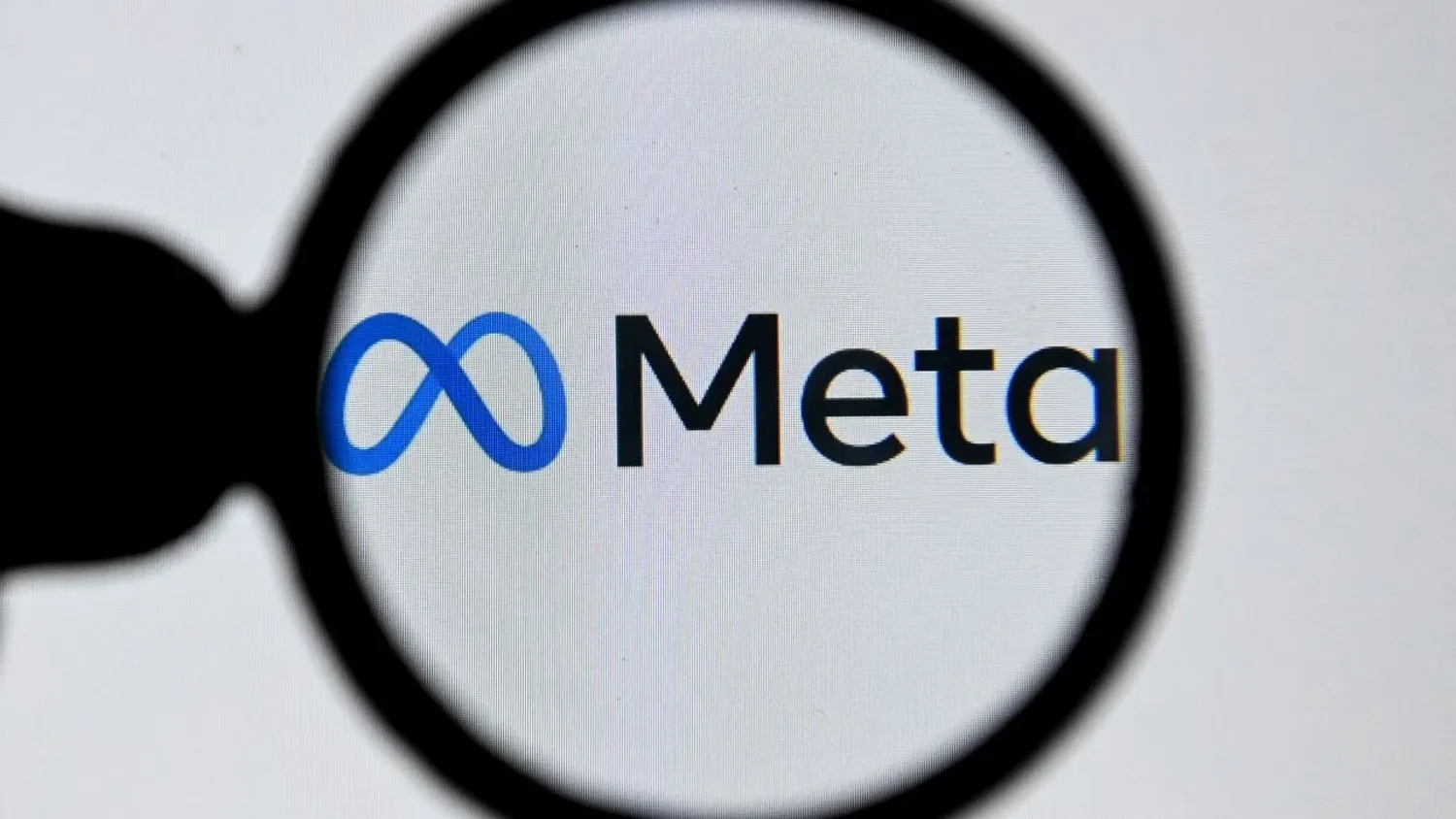A.I. Concerns
Thousands of explicit AI 'girlfriend' ads found on Meta platforms
In a recent investigation, thousands of advertisements promoting explicit AI 'girlfriend' applications have been discovered on Meta platforms, including Facebook and Instagram. This revelation has sparked significant controversy and raised questions about the enforcement of advertising standards on social media.
The investigation, conducted by Wired magazine, uncovered that Meta's platforms hosted approximately 29,000 ads for explicit AI 'girlfriends', many of which included sexually suggestive messaging. These ads often featured AI-generated images of young-looking women and promised users interactions ranging from flirtatious chats to more explicit communications. The ads were found to be widespread across Meta's various platforms, despite the company's policies against adult content.
Meta's advertising policies explicitly prohibit ads that contain adult content, including nudity or sexually provocative material. However, the investigation revealed a significant gap between these policies and their enforcement. Wired's findings showed that while some ads were removed after being flagged, many others remained active, raising concerns about the effectiveness of Meta's monitoring systems.
The explicit nature of these ads and the use of AI to create lifelike female avatars have also sparked ethical debates. Critics argue that these applications promote the objectification and commodification of women's images. Moreover, the use of AI in this context raises questions about consent and the potential for misuse, as users can interact with and manipulate these digital representations in ways that would be unacceptable with real humans.
The investigation also highlighted the disparity in advertising standards applied to human sex workers versus AI-driven services. Human sex workers often face stringent restrictions and are frequently banned from advertising on these platforms. In contrast, AI 'girlfriend' apps appear to navigate these rules with more ease, often using loopholes in the system to promote their services.
This situation has prompted calls for more stringent regulations and oversight of AI applications in advertising. Experts suggest that as AI technology evolves, there is a growing need to reassess how it is integrated into advertising and the ethical implications of its use. There is also a push for greater transparency in how these ads are approved and monitored.
Meta has responded to the findings by stating that they are committed to improving their ad monitoring systems and that they take swift action to remove ads that violate their policies. However, the persistence of these ads on their platforms suggests that current measures may not be sufficient.
The controversy extends beyond just the presence of these ads. It also touches on broader societal concerns, including the impact of such technologies on social norms and relationships. AI 'girlfriends' may offer companionship, but they also risk promoting unrealistic expectations about relationships and human interactions.
As this issue unfolds, it will likely prompt further scrutiny of not only Meta's practices but also the broader implications of AI in society. The balance between technological innovation and ethical responsibility remains a critical challenge for tech companies and regulators alike. As AI continues to permeate various aspects of life, the need for comprehensive guidelines and ethical frameworks becomes increasingly apparent. This incident serves as a reminder of the complex interplay between technology, business interests, and social values in the digital age.

